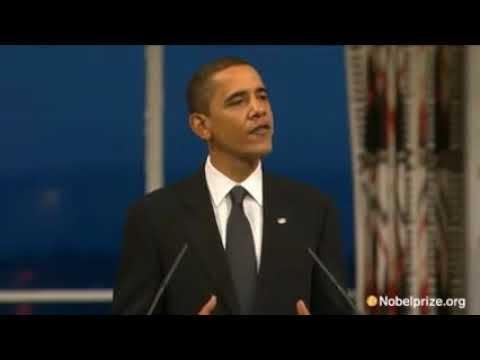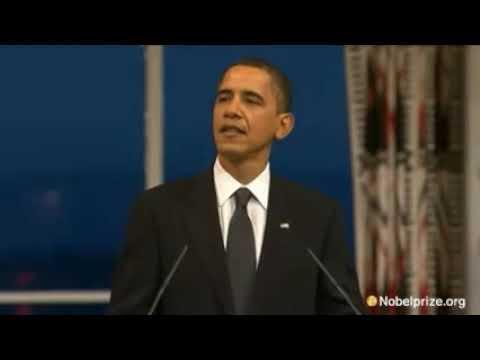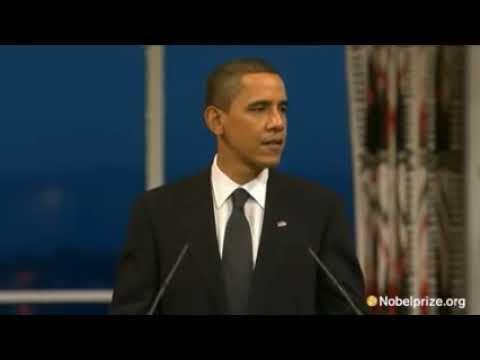Barack Obama Quotes - 64 quotes
Share
Barack Obama (born August 4, 1961) is an American politician and attorney who served as the 44th President of the United States from 2009 to 2017. He was the first African American to hold the office. Obama was born in Honolulu, Hawaii, to a Kenyan father and an American mother. He graduated from Columbia University and Harvard Law School, where he became the first Black president of the Harvard Law Review. Before his presidency, Obama worked as a community organizer, civil rights attorney, and taught constitutional law. His presidency is noted for significant achievements such as the Affordable Care Act, the Dodd-Frank Act, and the repeal of "Don't Ask, Don't Tell." He was awarded the Nobel Peace Prize in 2009.
Share
Share
Share
Share
Share
Share
Share
Share
Share
Share
Share
Share
Share
Share
Share
To Top



